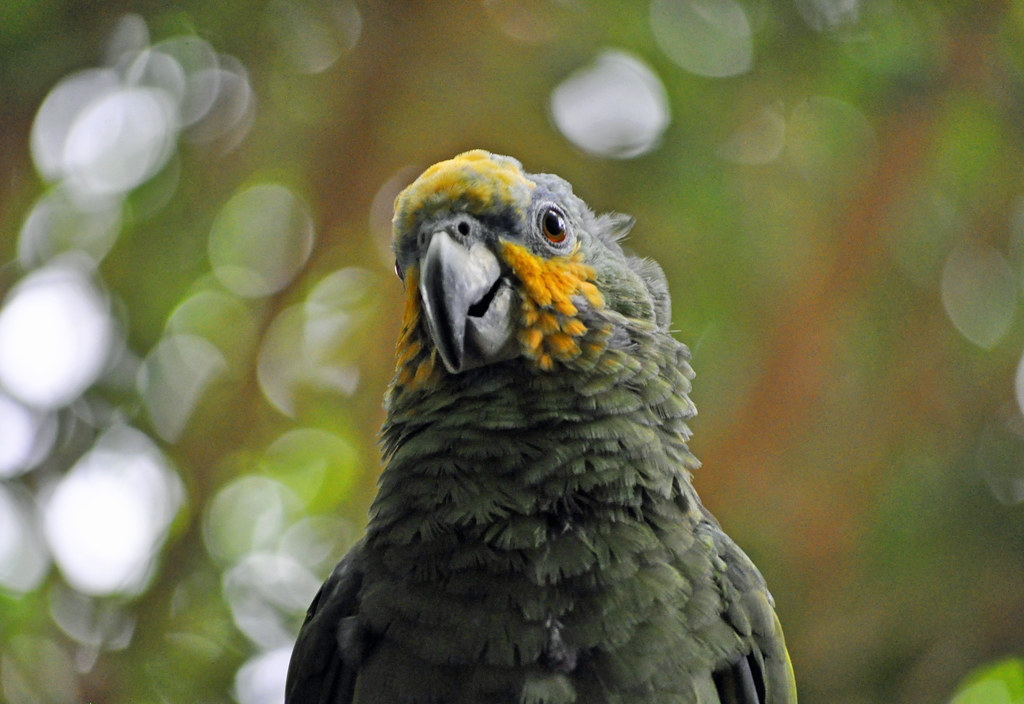


Anyone who’s spent any time in the Amazon will know that normal rules don’t apply in the rainforest. But just how stupendous is it?
1. The Amazon River – without which there would be no forest – is the world’s largest river by volume. It’s roughly 4000 miles long and in the rainy season it can reach 120 miles in width. There are no bridges which span the river.
2. The Amazon Rainforest currently covers 2,100,000 square miles: a figure that is, sadly, diminishing every day. It is by far the largest rainforest in the world – in fact it represents more than half of the world’s rainforests.
3. The rainforest is shared by 8 different countries. Brazil has the lion’s share (61%) but Peru and Colombia also have significant swathes of jungle. Bolivia, Ecuador, Venezuela, Guyana and Suriname all have smaller slices of the pie.
4. 10% of the world’s species live in the Amazon Rainforest. One in five of the world’s bird and fish species live in the Amazon. A quarter square kilometer (62 acres) of Ecuadorian rainforest supports more than 1,100 tree species.
5. The forest floor is almost completely dark as less than 1% of the sun’s rays make it through the canopy. The canopy also acts as an enormous umbrella: in really dense areas of the forest it can take as long as 10 minutes for rain to reach the ground.
Section Type: standardWidthImageS
Picture: Heather Paul

6. The Amazon rainforest is one of the wettest places on earth. Annual rainfall averages out at around 7.5 feet, but two towns in Colombia – Lloro and Lopez del Micay, with annual averages of around 42 feet – claim to be the world’s wettest and second wettest towns. This claim is disputed by Mawsynram in India.
7. 500 years ago the total population of Amazon tribespeople was between six and nine million. These days that figure is down to about 250,000.
8. It is estimated that there could be as many as 50 remaining Amazon tribes who have had no contact with the outside world.
9. 17% of the forest has been lost in the last 50 years. In recent years the rate of deforestation has slowed somewhat, but careful stewardship of this incredible natural resource is still required.
10. It is commonly said that the Amazon is ‘the world’s lungs’ and although it does provide 30% of the world’s oxygen, most of this is actually used up by decaying and decomposing matter on the forest floor. More important is the cooling effect the rainforest has on the global climate.
Section Type: cta
Keen to see the Amazon for yourself? Check out our Amazon itineraries or speak to one of our Destination Experts about crafting the bespoke vacation of your dreams.


Copyright © 2026 SA Luxury Expeditions LLC, All rights reserved | 8 The Green, Suite A, Dover, DE, 19901 | 415-549-8049










